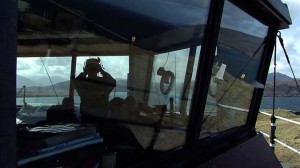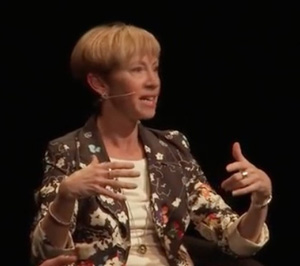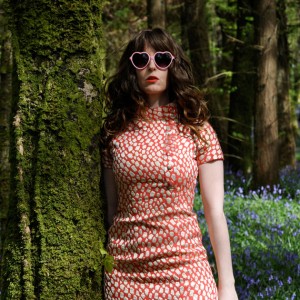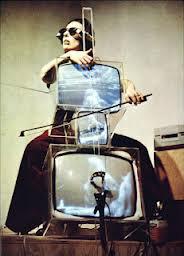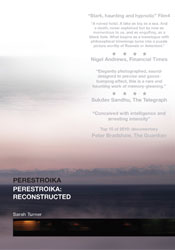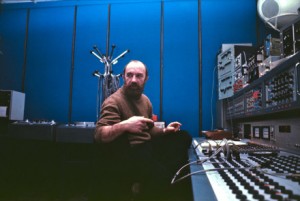Jointly hosted event between CKP and The Centre for Research into Sound, Image and Space (SISRC)
Friday March 1st, 5-6:30pm,
Medway Campus, Chatham Historic Dockyard
Bridge Warden’s College Lecture Theatre
Shona Illingworth (Fine Art lecturer and artist, School of Arts, Medway) discusses her collaboration with neuropsychologist, Catherine Loveday.
Their current project, in collaboration with cognitive neuropsychologist Martin A. Conway, is supported by the Wellcome Trust. Claire is a woman who has dense retrograde and anterograde amnesia. The project explores new biomedical insight into Claire’s condition, gained through research into her use of new sensory operated camera technology to unlock previously inaccessible memories. In parallel, the historical lesions in the physical and cultural landscape of St Kilda, an extraordinary archipelago located off the west coast of Scotland, provide a physical and metaphorical context within which to explore the self-experience of broken memory and dense cultural retrograde amnesia. Illingworth and Loveday will discuss how, by creating a multi-layered interplay between Claire and St Kilda, this project sets out to explore powerful synergies between the complex space of the mind, and that of the outside world, and in turn, examine the profound implications amnesia and cultural erasure have on the individual, social and cultural topologies that inform contemporary constructions of identity, place and location.
The second part of Memory, Identity, Performance and Neuroscience will take place in Autumn 2013. It will feature Anna Furse (Head of Theatre & Performance at Goldsmiths and Director of Athletes of the Heart),and Cambridge neuroscientist Nicky Clayton, in dialogue with Sian Stevenson and Jayne Thompson (StevensonThompson, Gulbenkian Theatre and School of Arts) on their ‘Moving Memory’ dance based projects.
Shona Illingworth
Shona Illingworth is an artist and Fine Art Lecturer in The School Arts, Medway, University of Kent. She works across sound, film, video, photography, drawing and painting. Major works using moving image and/or sound, take the form of gallery based and site specific installation. She has worked closely with scientists to explore individual and collective memory and the mapping of mental space onto external terrain, themes which are explored in the Film and Video Umbrella monograph on her work: The Watch Man – Balnakiel, Shona Illingworth (2011).
Her work has been exhibited widely, including at the Museum of Modern Art, Bologna, the Wellcome Collection, London, the National Museum, Tirana and Interaccess Electronic Media Arts Centre, Toronto and she has received high profile commissions from Film and Video Umbrella, the Hayward Gallery, London and Channel 4 Television.
Dr Catherine Loveday
Dr Catherine Loveday is a Principal Lecturer in Cognitive Science at the University of Westminster, London. She completed her PhD in 1996, investigating the neuropsychological basis of normal age-related memory loss. Since this, she has continued to research the cognitive and biological changes that occur in ageing, particularly in relation to memory, but she has also extended her expertise to various clinical populations, for example traumatic brain injury, dementia, amnesia and hydrocephalus. This has included a significant amount of clinical work at the Chelsea and Westminster Hospital in London and Addenbrookes Hospital in Cambridge.
Her current research projects include the cognitive neuroscience of amnesia (with Prof Martin A. Conway); the psychobiology of adolescence (with the PSRG); the neurobiology of anorexia nervosa; neuropsychological implications in congenital hydrocephalus (with Joanna Iddon, Prof John Pickard and Richard Morgan); the cognitive psychology of music (with Ludovico Minati).
She plays an active role in the British Psychological Society contributing significantly to the organisation of annual conference as well as being a member of the Research Board and Psychologist Policy committee. She has also appeared as an expert psychologist in a number of television and radio programmes.
View our Research Seminar webpage
View the Events Calendar
